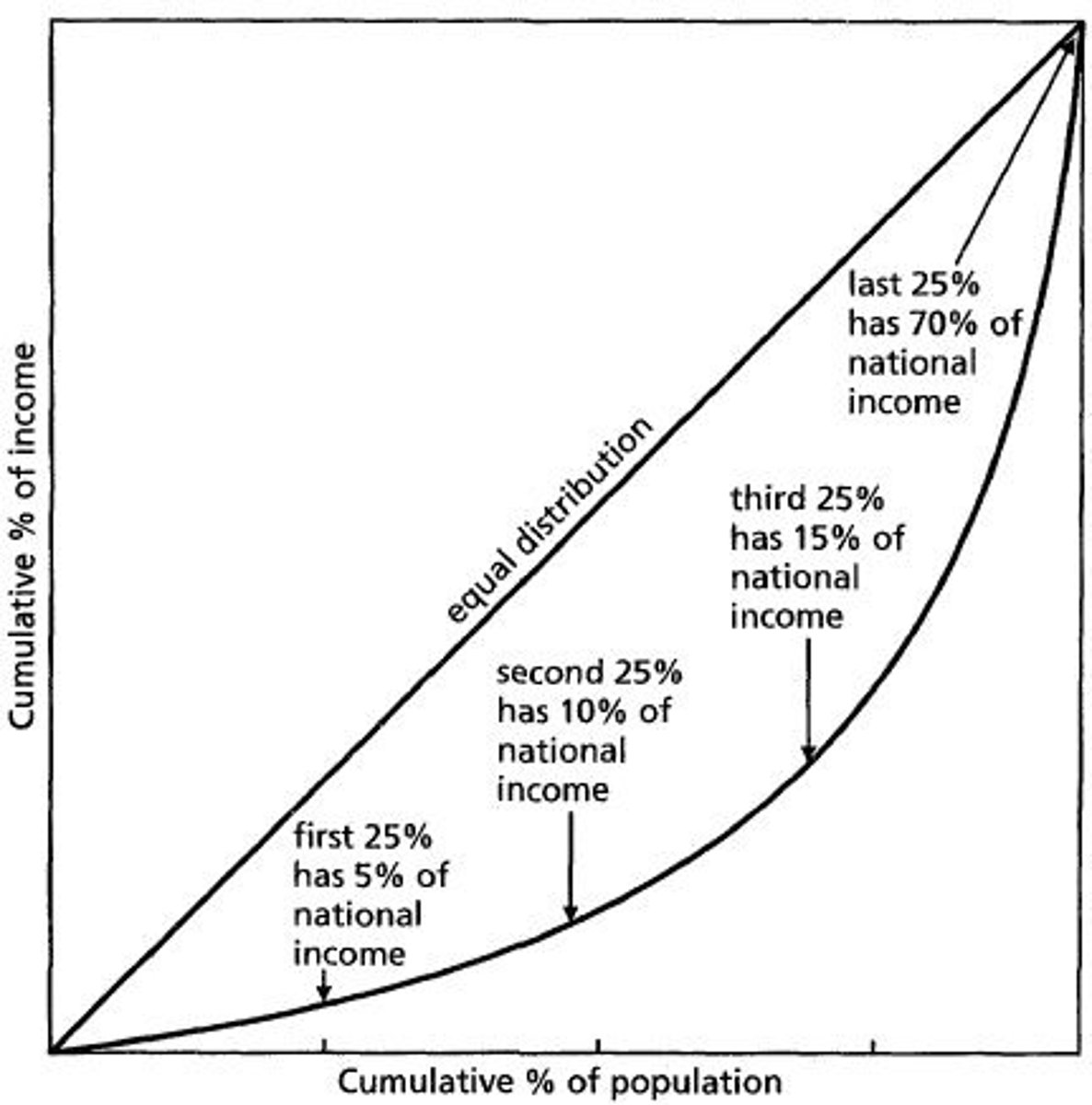unit 6 econ final review
1/20
Earn XP
Description and Tags
12th grade ap microeconomics
Name | Mastery | Learn | Test | Matching | Spaced | Call with Kai |
|---|
No analytics yet
Send a link to your students to track their progress
21 Terms
market failure
- situation in which the free market system fails to satisfy society's wants
- invisible hand doesn't work
- private markets do not efficiently bring about the allocation of resources
free riders
- individuals who benefit without paying
- keeps firms from making profits
- if left to the free market, essential services would be under produced
public goods
nonexcludable and nonrivalrous/ share consumption
nonexlusion
- everyone can use the good
- cannot exclude benefits of the good for those who will not pay
- ex: national defense
nonrivalry (shared consumption)
- one person's consumption of a good does not reduce the usefulness to others
- ex: fireworks
demand for public goods
marginal social benefit of the good determined by citizens willingness to pay
supply of public goods
marginal social cost of providing each additional quantity
externality
external benefits or costs to someone other than the original decision maker
negative externalities (spillover costs)
- results in a cost for a different person other than the original decision maker
- MSC > MPC (overallocation)
- solution: per unit tax
positive externalities (spillover benefits)
- results in a benefit for someone other than the original decision maker
- MSB > MPB (underallocation)
- solution: per unit subsidy
externality in production
2 supply curves
externality in consumption
2 demand curves
tragedy of the commons/ common pool problem
- goods that are available to everyone are often polluted
- no incentive to use them efficiently
- results in high spillover costs
antitrust laws
laws designed to prevent monopolies and promote competition
reasons for monopolies being a market failure
they have no competition
lorenz curve
- measures income distribution
- less bowed when gov redistributes income

taxes
mandatory payments made to the government to cover costs of governing
purpose of taxing
- finance gov operations (ex: public goods, fund programs)
- influence economic behavior of firms and individuals
progressive taxes
- takes more from rich people
- most effective way to fight this market failure
proportional taxes
takes the same percent of income from all income groups
regressive taxes
takes more from poor people